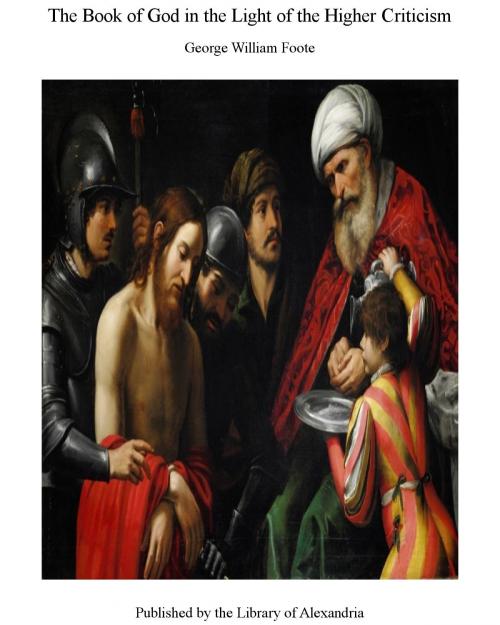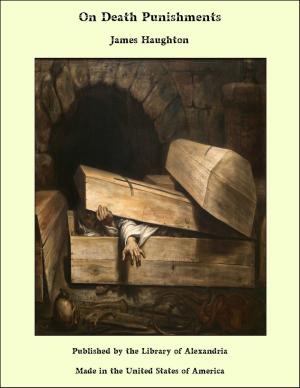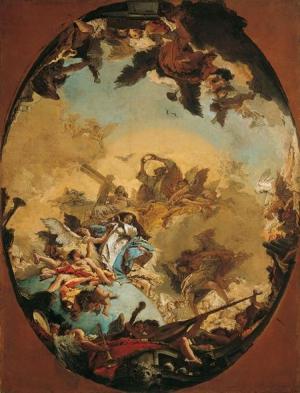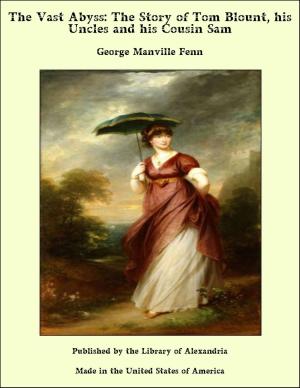The Book of God in The Light of The Higher Criticism
Nonfiction, Religion & Spirituality, New Age, History, Fiction & Literature| Author: | George William Foote | ISBN: | 9781465513342 |
| Publisher: | Library of Alexandria | Publication: | March 8, 2015 |
| Imprint: | Language: | English |
| Author: | George William Foote |
| ISBN: | 9781465513342 |
| Publisher: | Library of Alexandria |
| Publication: | March 8, 2015 |
| Imprint: | |
| Language: | English |
During the fierce controversy between the divines of the Protestant Reformation and those of the Roman Catholic Church, the latter asserted that the former treated the Bible--and treated it quite naturally--as a wax nose, which could be twisted into any shape and direction. Those who championed the living voice of God in the Church, against the dead letter of the written Bible, were always prone to deride the consequences of private judgment when applied to such a large and heterogeneous volume as the Christian Scriptures. They contended that the Bible is a misleading book when read by itself in the mere light of human reason; that any doctrine may be proved from it by a judicious selection of texts; and that Christianity would break up into innumerable sects unless the Church acted as the inspired interpreter of the inspired revelation. They argued, Further, that the Bible was really not what the Protestants supposed it to be; and what they said on this point was a curious anticipation of a good deal of the so-called Higher Criticism.
During the fierce controversy between the divines of the Protestant Reformation and those of the Roman Catholic Church, the latter asserted that the former treated the Bible--and treated it quite naturally--as a wax nose, which could be twisted into any shape and direction. Those who championed the living voice of God in the Church, against the dead letter of the written Bible, were always prone to deride the consequences of private judgment when applied to such a large and heterogeneous volume as the Christian Scriptures. They contended that the Bible is a misleading book when read by itself in the mere light of human reason; that any doctrine may be proved from it by a judicious selection of texts; and that Christianity would break up into innumerable sects unless the Church acted as the inspired interpreter of the inspired revelation. They argued, Further, that the Bible was really not what the Protestants supposed it to be; and what they said on this point was a curious anticipation of a good deal of the so-called Higher Criticism.















